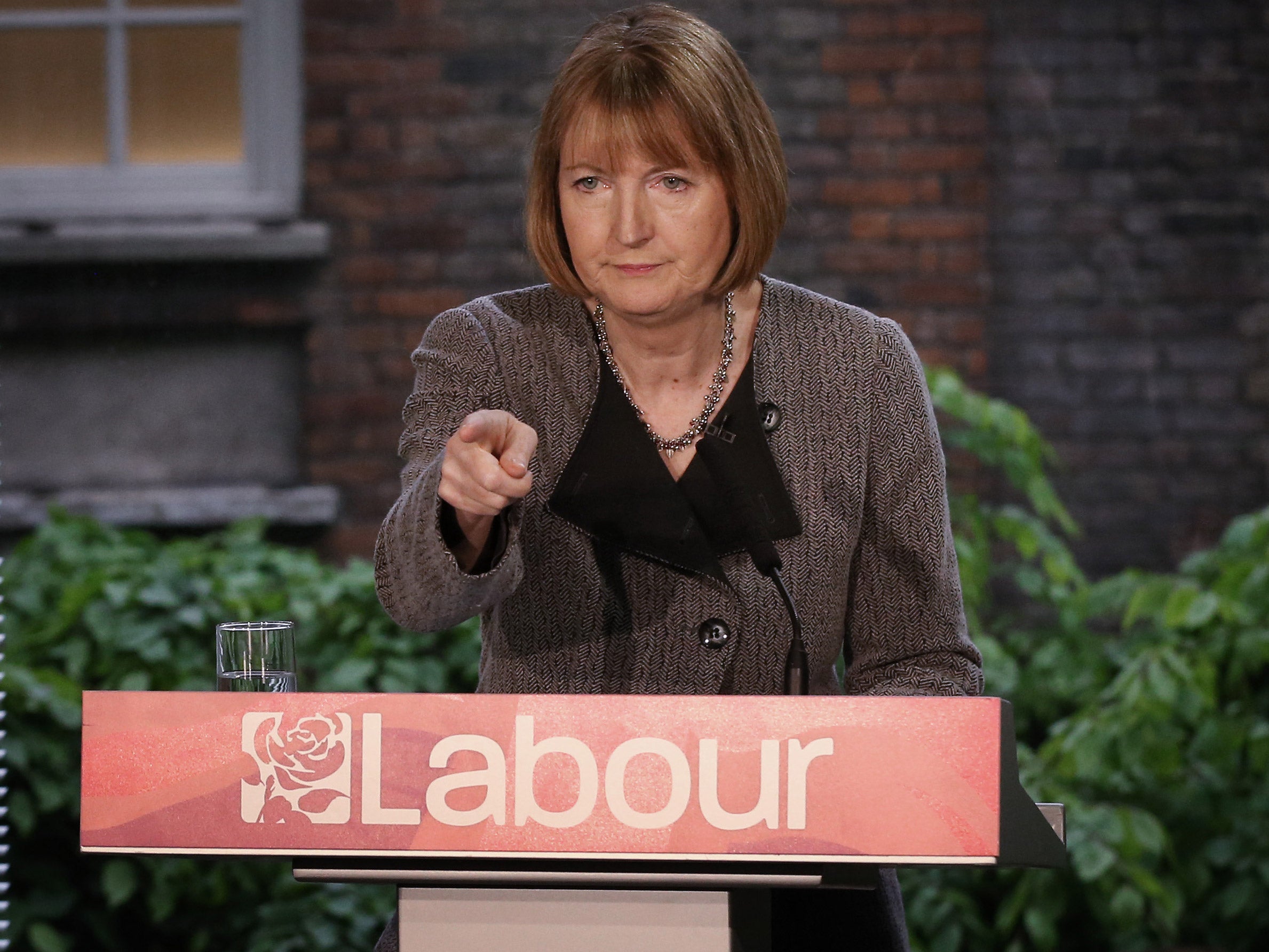Labour leadership: Supporting George Osborne’s interventionism would help Labour
If William Hague had supported Labour’s early tax and spending plans in 1997 he would have unnerved his opponents


The bewildered disarray and gloom in the Labour Party is inevitable and unavoidable. In politics, context determines what happens more than the actions or words of individuals. The messy split over George Osborne’s benefit cuts and the leadership contest where candidates struggle to generate wider interest were wholly predictable from the early hours of the Friday after the election when the Conservatives had secured their unexpected overall majority.
For now, context explains more or less everything and it is unfair to dismiss the leadership contest as “irrelevant” or to mock the incoherent response to the budget. Sometimes parties are doomed to be irrelevant and incoherent.
The leadership contest is taking place at the worst possible time. Candidates are dismissed for not appearing “prime ministerial” when for certain the winner will not be the next Prime Minister. David Cameron’s announcement of his departure from Downing Street during this term will cause destabilising turbulence in his government, but it will also present the next Labour leader with a big immediate problem. The next Prime Minister will be George Osborne, Boris Johnson or Theresa May. The next Labour leader has a very long wait until he or she gets the chance to appear prime ministerial.
In addition to the intervening Conservative leadership contest, the fixed-term parliament means that the election is five years away, so distant that whoever is leader of the Labour Party will struggle for immediate relevance. The usually interesting Tristram Hunt only added to the noisy chorus of banalities yesterday when he argued that Labour must become “relevant”. Well, of course. There is no point despairing that Labour lacks a Tony Blair or a modern equivalent. Blair was a brilliant leader of the opposition but he got the job in a dream context, the opposite of the current political background. By 1994, the long-serving Conservative government was falling apart and had suffered the trauma of falling out of the Exchange Rate Mechanism. Although heavily criticised for complacency, Blair’s predecessor, John Smith, had done some significant heavy lifting by introducing one member one vote for leadership elections, more significant in practical terms than Blair’s subsequent scrapping of Clause Four. Smith had also committed his party to a referendum on electoral reform, a policy that helped Blair forge his close relationship with Paddy Ashdown even though he never held the referendum once in power.
The furore over Harriet Harman’s response to the cut in tax credits is a consequence of the same circumstantial mess. She is right in her broad assessment: if Labour is seen above all else as a party for welfare claimants it will lose the next election. But Harman was attempting to impose on her party a very big symbolic shift while she has no power to do so. As she knows better than anyone that, as acting leader, she cannot compel loyalty.
The vacuum generates a gloom that feeds upon itself. Labour members were nervy and insecure when their party won landslides, with cabinet ministers assuming they were imposters who had briefly disturbed the natural order of things in which England and its media elect Conservative governments. While the BBC was wrongly portraying senior figures in those Labour governments as arrogant control freaks, the actual mood was tense and anxious. If Labour was gloomy when it won there can be no surprise at despondency when Labour has lost unexpectedly. If a new leader can break through the gloom there is space for him or her in Osborne’s cross-dressing. Moving on to an opponent’s terrain is as much a sign of ideological insecurity as strength. In his actions against non-domiciles, his recognition that a high-wage economy can reduce the cost of benefits, and his apprentices’ levy, Osborne has paid implicit tribute to part of Ed Miliband’s agenda.
On this, the response of different sections of the Labour Party has been all over the place. The extreme Blairites – or, at least, those in the media – hail Osborne having accused Miliband of being a reckless left winger for proposing the same policies. Others who supported Miliband at the time dump on him now, and find themselves confused as to whether to support Osborne or also rubbish him when he moves on to their turf.
This is an easy conundrum and there is a model to follow: when opponents move on to your ground you support them. This is what David Cameron did to Tony Blair when he was elected leader in 2005. Cameron’s genuine support neutered Blair. Admittedly, by the end, Blair was moving further towards the right than Osborne is towards the left, but when the Chancellor becomes as interventionist as Miliband planned to be, the Labour leadership should welcome the conversion. If William Hague had supported Labour’s early tax and spending plans in 1997 – the plans proposed by the previous Conservative administration – he would have unnerved his opponents. Instead, Hague foolishly described the spending as reckless, a stance that unified Labour.
The immediate context for Labour is dreadful but the background will change and the actions of individuals, especially the next leader, will start to matter. There will be opportunities for recovery once a leader is in place. Before then, the Conservatives command the stage and, from their perspective, are making full use of the open space with a majority of 12.
But this does not mean they have already won the next election. As the next Labour leader is about to discover, that election is a long way away.

Join our commenting forum
Join thought-provoking conversations, follow other Independent readers and see their replies